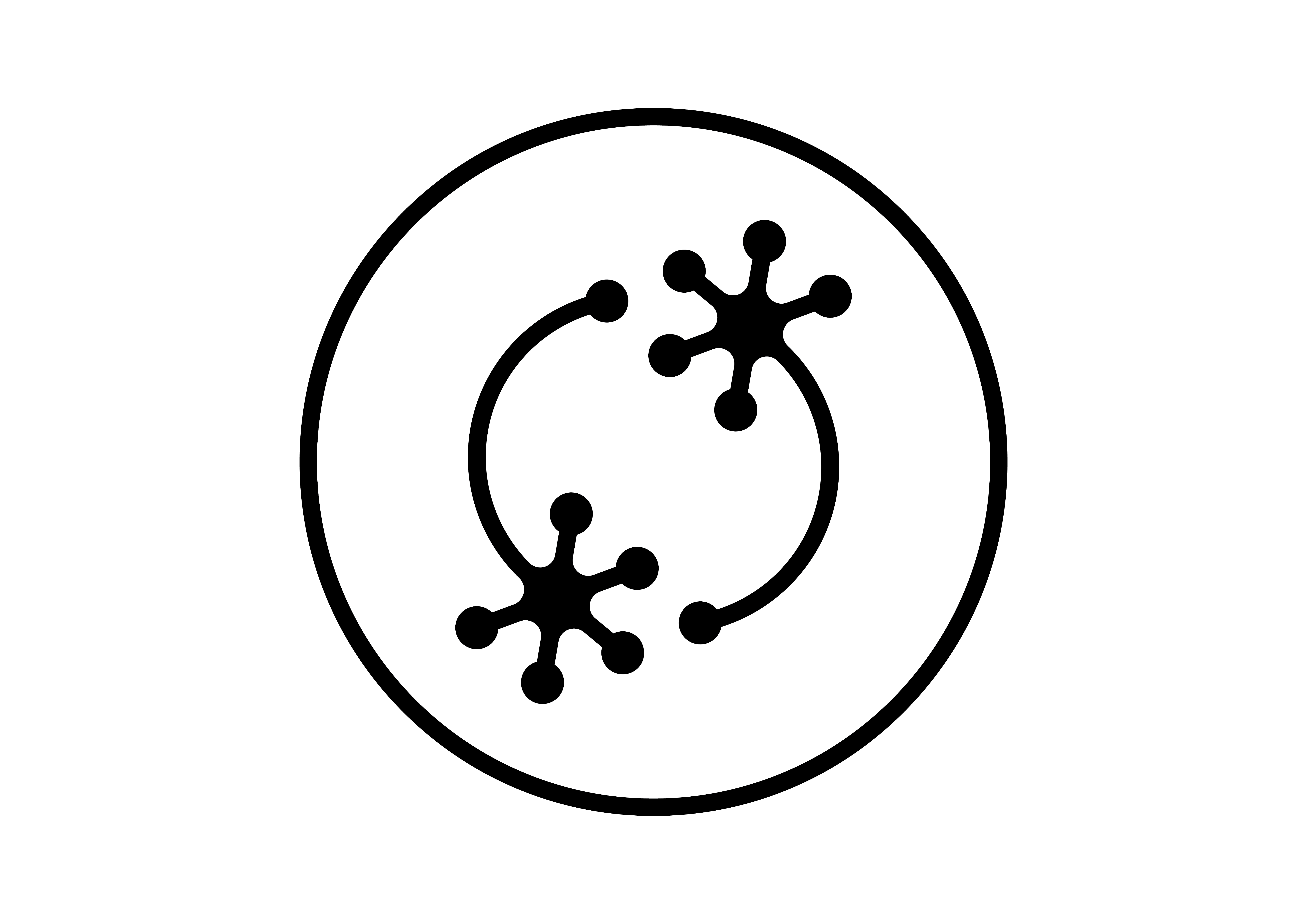Key Information on Upcoming Course
- There are currently no upcoming dates.
Open Science 101 Course
Curious about how to make your computational research more transparent and collaborative?
Open Science 101 is a free, one-week course designed to introduce participants to the principles and practices of open science. Geared toward researchers, students, and citizen scientists interested in the computational sciences, this course equips participants with the knowledge and skills to manage and share their data, code, and results effectively.
By enrolling, you’ll gain the tools needed to navigate the evolving landscape of open science and earn an Open Science Certification from NASA, recognizing your proficiency in these essential practices.
Course Structure
- Part-time: you’ll meet via Zoom for 2 hours each day for 5 days (Monday-Friday)
- Virtual: all courses will be held on Zoom
- Interactive: you will hear lectures and then be put in small groups to work collaboratively
Course Curriculum
This is a five-day course with the following topics being covered on each day:
- Day 1: The Ethos of Open Science
- Introduction to the principles and benefits of open science
- Overview of current challenges and the open science landscape
- Practical steps to engage with the open science community
- Day 2: Open Tools and Resources
- Introduction to essential tools and resources for practicing open science
- Exploration of the “Use, Make, Share” framework
- Immediate applications of open science tools
- Day 3: Open Data
- Step-by-step guidance on finding, assessing, and using open data
- Creating and implementing data management plans
- Best practices for sharing and citing open data
- Day 4: Open Code
- Processes for discovering, assessing, and programming with open code
- Benefits and challenges of using open code in research
- Methods for sharing code within the open science framework
- Day 5: Open Results
- Strategies for ethical contributorship and collaborative research
- Techniques for discovering and publishing open results
- Guidance on integrating open results into Open Science and Data Management Plans (OSDMP)
Pre-Course Preparation
- This is a beginner-level course with no prerequisites!
Dates
There are currently no upcoming dates.
Certification and Attendance Policy
This course has a unique class attendance policy compared to other Neuromatch Academy courses.
To successfully complete the course, all participants must:
- Attend and actively participate in all five live class sessions – you will not receive the certificate if you miss any of the sessions
- Complete five short daily quizzes to assess their understanding of the material
- Submit a post-course evaluation survey
Participants who meet these requirements will receive an Open Science Certification from NASA, recognizing their proficiency in open science practices. This certification can be displayed on resumes, CVs, LinkedIn profiles, and more.
Pricing
This course is offered free of charge. If you’d like to support Neuromatch’s mission, you can make a donation here.

